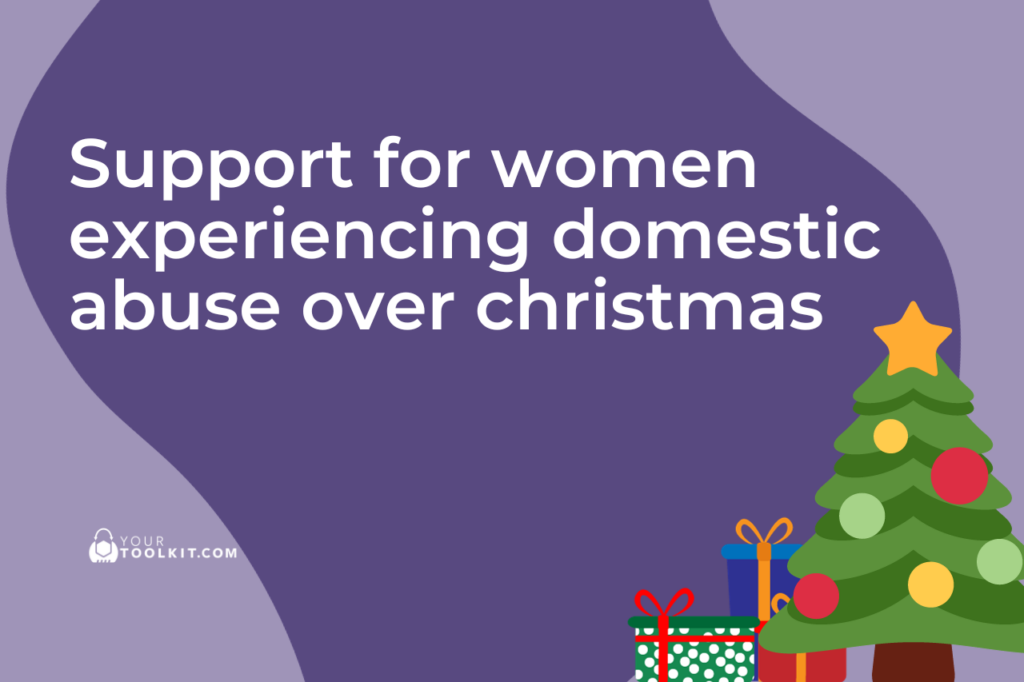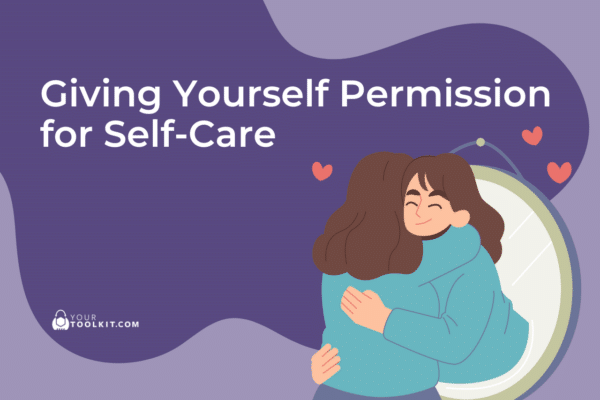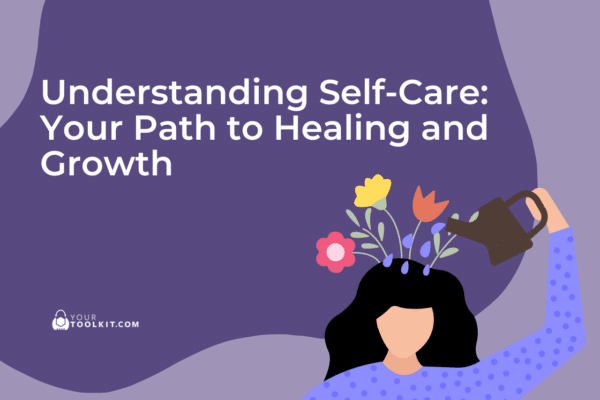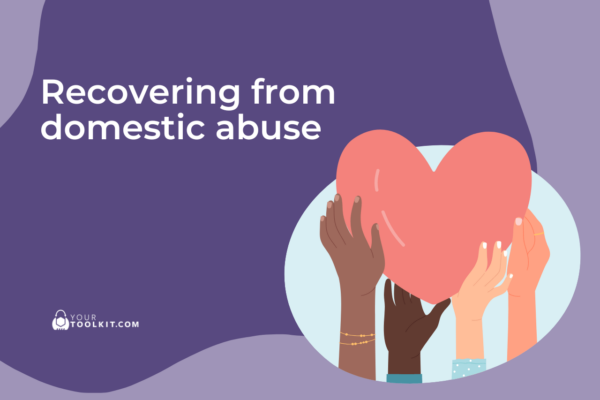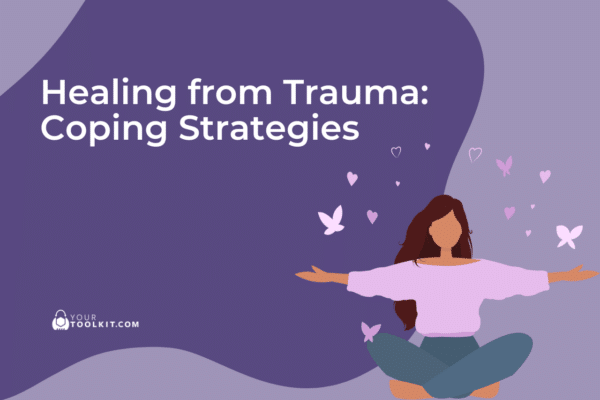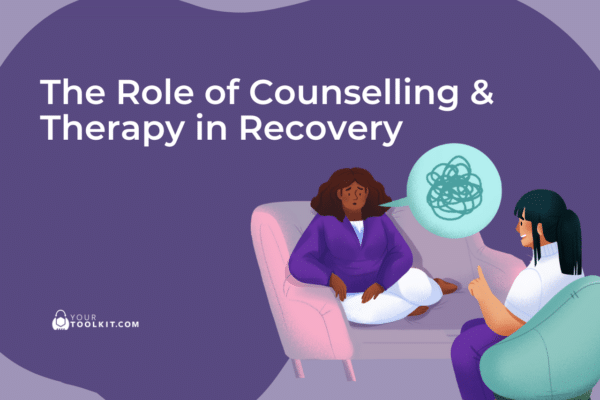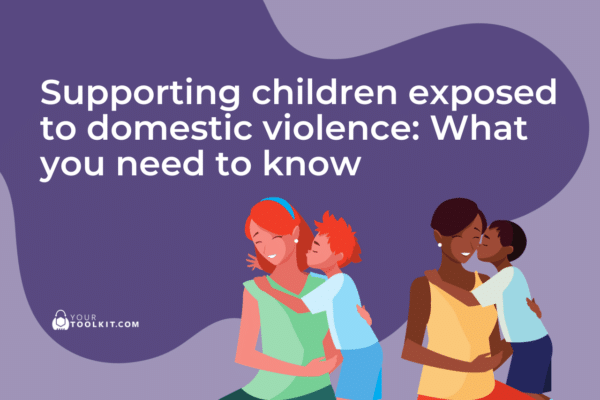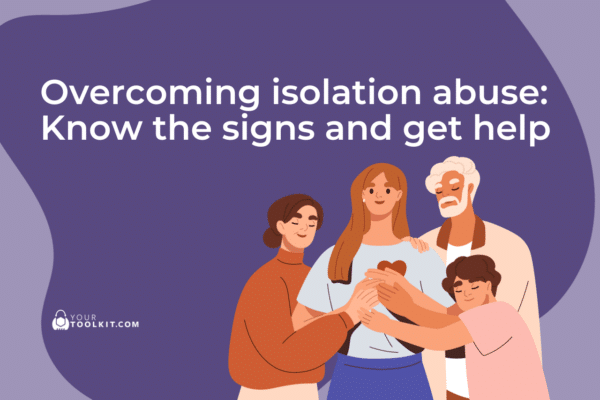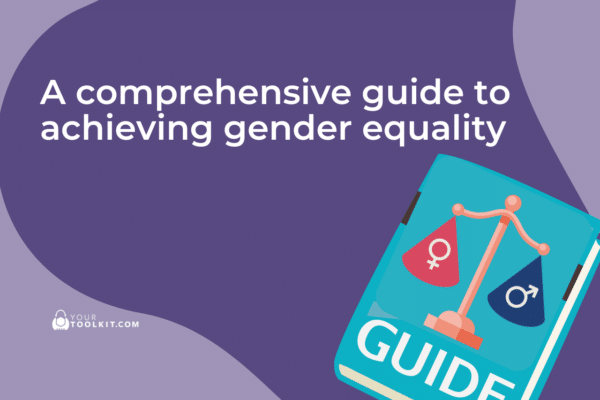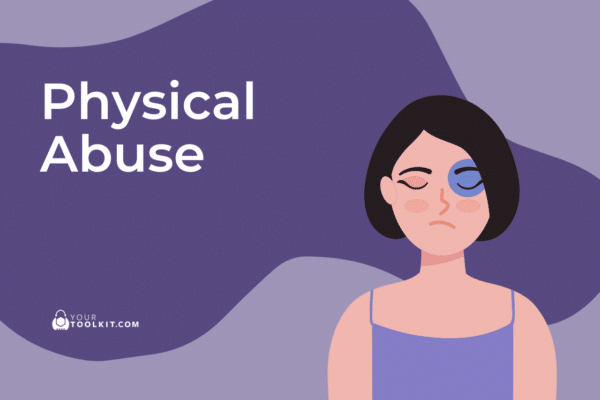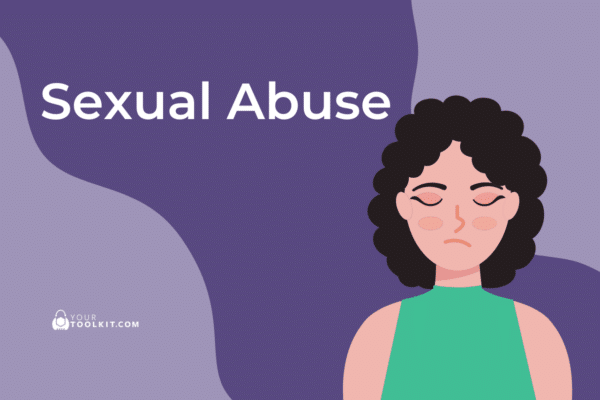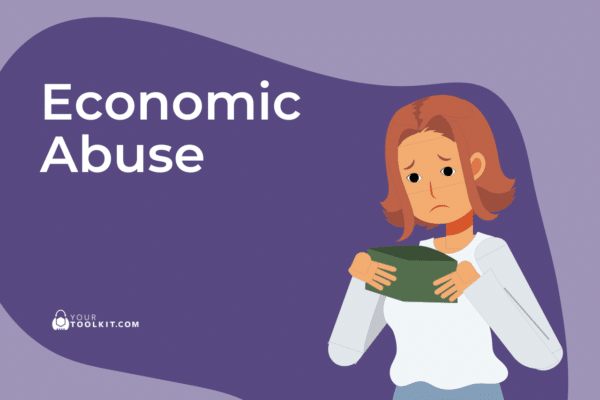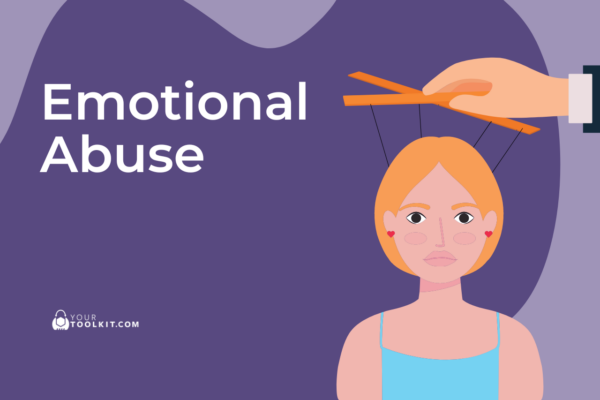The holiday season, often marked with joy and togetherness, can also bring heightened stress and vulnerability for many families across Australia. During the festive period, there’s an increase in many things – from gatherings and gift purchases to indulgent meals and drinks. Yet, the stark reality is that Christmas is also a time when some women face a darker side of the festivities: the surge in domestic violence incidents.
The rising need for Christmas domestic violence support is unsettling. During the Christmas-New Year period of 2020, the Western Australia police force reported a daily average of 141 family violence related incidents. This alarming number represents a 24% increase compared to the daily average at any other time during the standard calendar year.
Despite the challenges, many survivors of domestic abuse have shown commendable resilience. The sector recognises the specific and amplified needs of December and January. Many organisations work tirelessly to provide domestic abuse support in Australia, ensuring that services remain available, especially during the holiday season – we’ve outlined these organisations at the bottom of this article.
You can help contribute to domestic abuse support over Australia’s Christmas period
As we embrace the festive spirit this holiday season, it’s crucial to remember that not everyone experiences the joy and peace that Christmas is known for. Across Australia, many women confront a surge in domestic violence incidents, facing unimaginable fear and danger during what should be the happiest time of the year. At Yourtoolkit.com, we’re committed to standing as a beacon of hope for these women, providing essential resources and support through our dedicated platform. However, we need your help.
This Christmas, we appeal to your spirit of generosity to assist women experiencing domestic abuse over Christmas in Australia. Your donations contribute to life-saving support, directly impacting women who urgently need Christmas domestic violence support. With increased pressures and risks over the festive period, your contribution is more critical than ever. It enables us to strengthen our emergency response, broaden the domestic abuse support in Australia, and ensure that safety is a gift we can give to those in dire need.
What Services are Available Over Christmas for Women in Distress?
1800 Respect
This is a 24-hour national sexual assault, family and domestic violence counselling line for any Australian who has experienced, or is at risk of, family and domestic violence and/or sexual assault. If you need someone to speak to, and discuss your options, call 1800 737 732.
Zonta House Refuge Association
Zonta House offers a specialist service to women who have, or are at risk of experiencing family and domestic violence. Access emergency accommodation, and educational training by calling their crisis centre on 1800 870 149.
Legal Aid WA
Legal Aid WA promotes access to legal services by providing free legal advice and assistance regarding family violence including restraining orders and safety issues. Call 1300 650 579.
Food & Gift Assistance Through Salvation Army
Local Salvation Army centres provide free Christmas food hampers, toys and gifts for families in need. Take advantage of this support by visiting their Food Hamper & Gift Assistance page, and contacting your local Salvos.
Join Salvation Army for a Christmas Meal
In addition to their food and gift assistance, the Salvation Army also hosts Christmas Day meals, which are usually free and available to anyone in need, including children. Visit the Christmas meals page to see your closest salvos.
Christmas Lunch in the Park, with Mission Australia.
Mission Australia also provides a Christmas lunch meal to people experiencing homelessness, disadvantage or marginalisation. The event is available through wristband access, which can be collected by community support agencies.
National Violence and Abuse Trauma Counselling and Recovery Service (1800 FULLSTOP or 1800 385 578)
This national service, reachable at 1800 FULLSTOP (1800 385 578), specialises in helping individuals overcome the emotional and psychological scars left by domestic violence and abuse. Professional counsellors provide confidential support, guiding callers through trauma recovery and healing processes.
Translating and Interpreting Service (TIS)
If you require translating and interpreting to access any of these services, TIS can connect you with the service and interpret for you. Call 13 14 50.
Lifeline
Lifeline offers a caring ear in times of crisis. Available 24/7 even during the holidays, they provide crucial emotional support and suicide prevention services. No issue is too big or too small to reach out about. Call 13 11 14 to speak to someone who listens, understands, and helps.
Safe Steps
For those in Victoria, Safe Steps provides a 24/7 family violence response centre. Women facing danger can access emergency accommodation, safety planning, and more. Immediate assistance and a path to safety can be found at 1800 015 188.
DVConnect
Queensland’s DVConnect offers a 24-hour helpline, providing emergency accommodation and counselling for women and their children fleeing domestic or family violence. Confidential, skilled support is available at their Women’s Line: 1800 811 811.
WESNET (Women’s Services Network)
While not a direct crisis service, WESNET advocates for women and children facing domestic violence, guiding them toward appropriate services and support nationwide.
Men’s Referral Service
Help can also involve assisting someone in stopping their abusive behaviour. The Men’s Referral Service provides telephone counselling designed to help men who are committing violence and abuse. Reach them at 1300 766 491.
Relationships Australia
Offering various resources, Relationships Australia supports those struggling with issues from relationship breakdowns to domestic violence. Their counselling and mediation services provide a way forward.
Are you or someone you know experiencing domestic abuse? Take this short Coercive Control Self-Assessment to identify whether coercive control might be present in your relationship.
